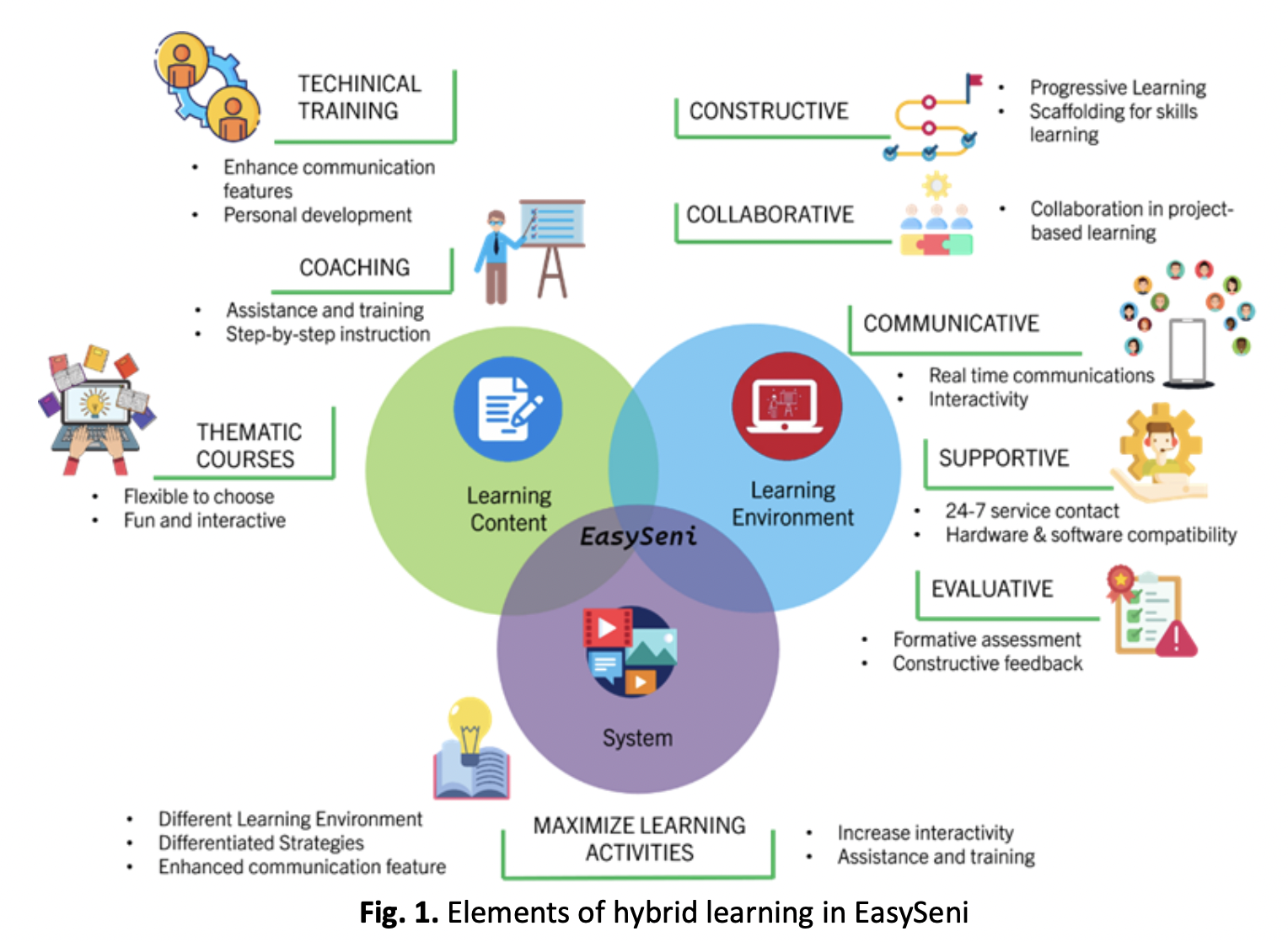Defining the Collaborative-Constructivism Based Learning and Teaching Approach in Malaysian Primary Schools in Supporting the Hybrid Learning of Visual Arts Education: A Fuzzy Delphi Method Study
DOI:
https://doi.org/10.37934/araset.41.2.6281Keywords:
Hybrid learning, 21st century skills, Collaborative and constructivism, Visual arts educationAbstract
Education in Malaysia has undergone transformation and reformation over decades to meet contemporary needs. In the era of Industrial Revolution 4.0 (IR4.0) has brought direct impact to the field of education, as a steppingstone for generating future workforce. To meet these demands, 21st century learners who have the potential to shape a competitive future nation by possessing 21st century skills: critical thinking, creativity, collaboration, and communication. Therefore, the transformation in learning and teaching practices is necessary following the rapid development in information, communication, and multimedia technology. Even now, Malaysian mainstream educators continually report that they need better understandings and knowledge to be proficient in supporting individualized, personalized, and differentiated learning to stimulate the improvement of learner-centred learning, not the traditional teaching and learning process with teacher-centred. This study upholds a new defining on current learning and teaching practices-based collaborative and constructivism in supporting hybrid learning of Visual Arts Education (VAE) to improve the quality of learning and develop learners holistically equipped with 21st century skills needed in this century. This study focuses on utilizing the Fuzzy Delphi method to achieve a consensus on the elements of hybrid learning practices based on the theories of collaborative and constructivism for VAE. The findings identify a comprehensive and clearer framework for the educators with a guideline covering the learning outcomes, learning contents, delivery strategies and forms of assessment that are key for educators in hybrid learning practice for VAE. It offers a versatile judgement, clearer framework, and better structured prospect to help facilitate learning process for the learners to enhance their knowledge and skills, and competencies, as well as help the educators have better readiness and clearer role alignments.
Downloads





























